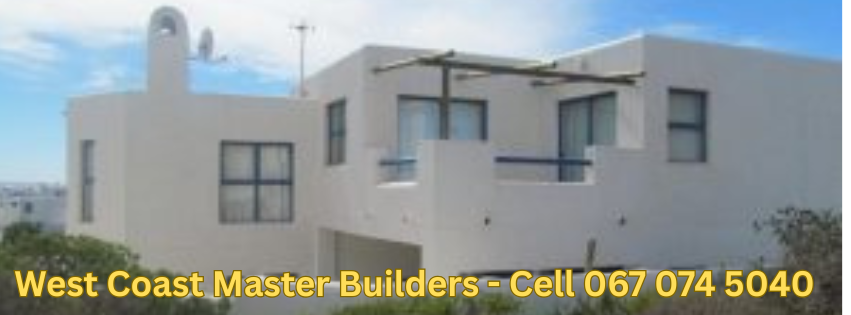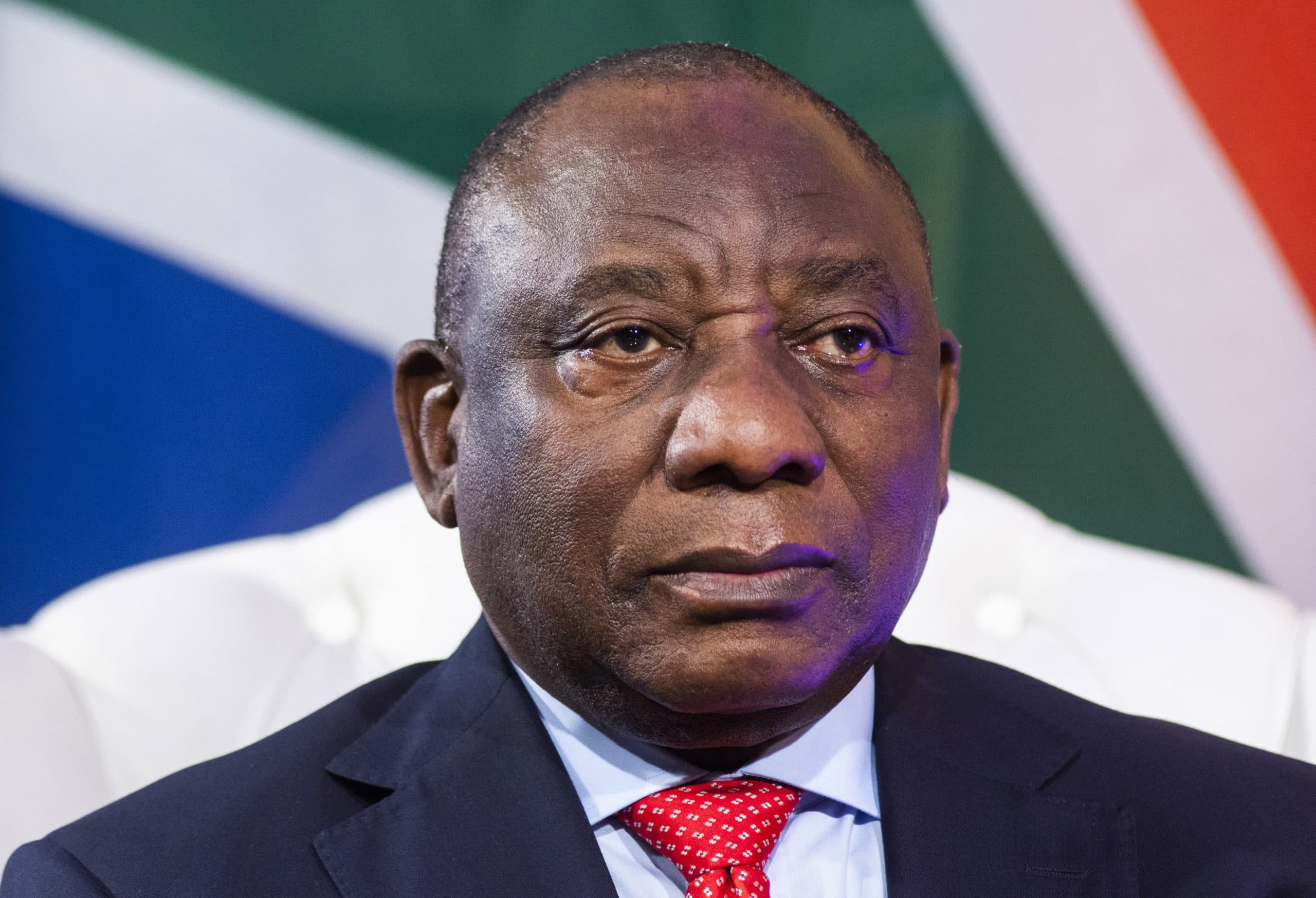Say Leaders Amid Ramaphosa’s Comments on Migration
CCN Reporting
Cape Town: – President Cyril Ramaphosa’s recent remarks around migration and xenophobia have reignited long-standing tensions across the country, but on the ground, voices from communities tell a more complex, painful story, one rooted not in hatred, but in frustration and survival.
In response to Ramaphosa’s criticism of movements like Operation Dubula, which he suggested were fanning xenophobic flames, a growing number of community leaders, pastors, youth activists, and even senior political figures have challenged the President to “listen before labelling.”
“We are tired of being called xenophobic,” says Pastor Raymond Ndlovu, a well-known community figure from Soweto. “People are angry because they are unemployed, living in shacks, and waiting hours in hospitals. If a South African child is hungry, and his mother is told to wait behind someone with fake papers, who wouldn’t protest?”
While distancing themselves from violence or hate, many echoed the sentiment that South Africa’s immigration and labour systems are deeply broken, and that government silence on illegal migration is feeding public outrage.
Mariam Jacobs, a Mitchells Plain activist working with youth, adds;
“It’s not about foreigners”.
“It’s about fairness”.
“No country can carry the weight of another’s failures”.
“The President should sit down with real people before he assumes this is just about hate.”
Prominent voices from civil society also weighed in. A former Cabinet official, who asked not to be named, stated bluntly:
“This government failed to enforce its own immigration laws for more than two decades”. “Now the pressure is showing in our schools, hospitals, and job market, and when the people complain, they are told they’re the problem”.
“That is unfair and dangerous.”
At the heart of the storm is Operation Dubula, a grassroots movement that claims it is not driven by hate, but by the desperation of communities left behind.
Their statement, issued this week, says:
“We will not apologies for putting South Africans first. It is not xenophobia to ask for jobs, shelter, and dignity in our own land.”
Even within Parliament, whispers are growing among both ruling and opposition benches about the need for urgent reform of South Africa’s immigration policy, with at least one MP noting:
“If the President does not start leading on this issue, movements like Dubula will grow, not because they’re right, but because they’re the only ones talking to the people.”
Despite the debate, human rights organizations have warned against sweeping generalizations and reminded all citizens to remember South Africa’s own history of refuge.
Still, for many at ground level, the core question remains unanswered:
“Why,” asks Kabelo Masemola, a community builder from Tembisa, “do our leaders hear us only when we break things or burn tyres? Why must we be called names before our pain is acknowledged?”
As the nation braces for the 2026 elections, and disillusionment with the state intensifies, one thing is clear: the issue of migration is no longer just a policy matter, it is a defining crisis of identity, governance, and public trust in South Africa.
President Cyril Ramaphosa’s recent remarks around migration and xenophobia have reignited long-standing tensions across the country, but on the ground, voices from communities tell a more complex, painful story, one rooted not in hatred, but in frustration and survival.



